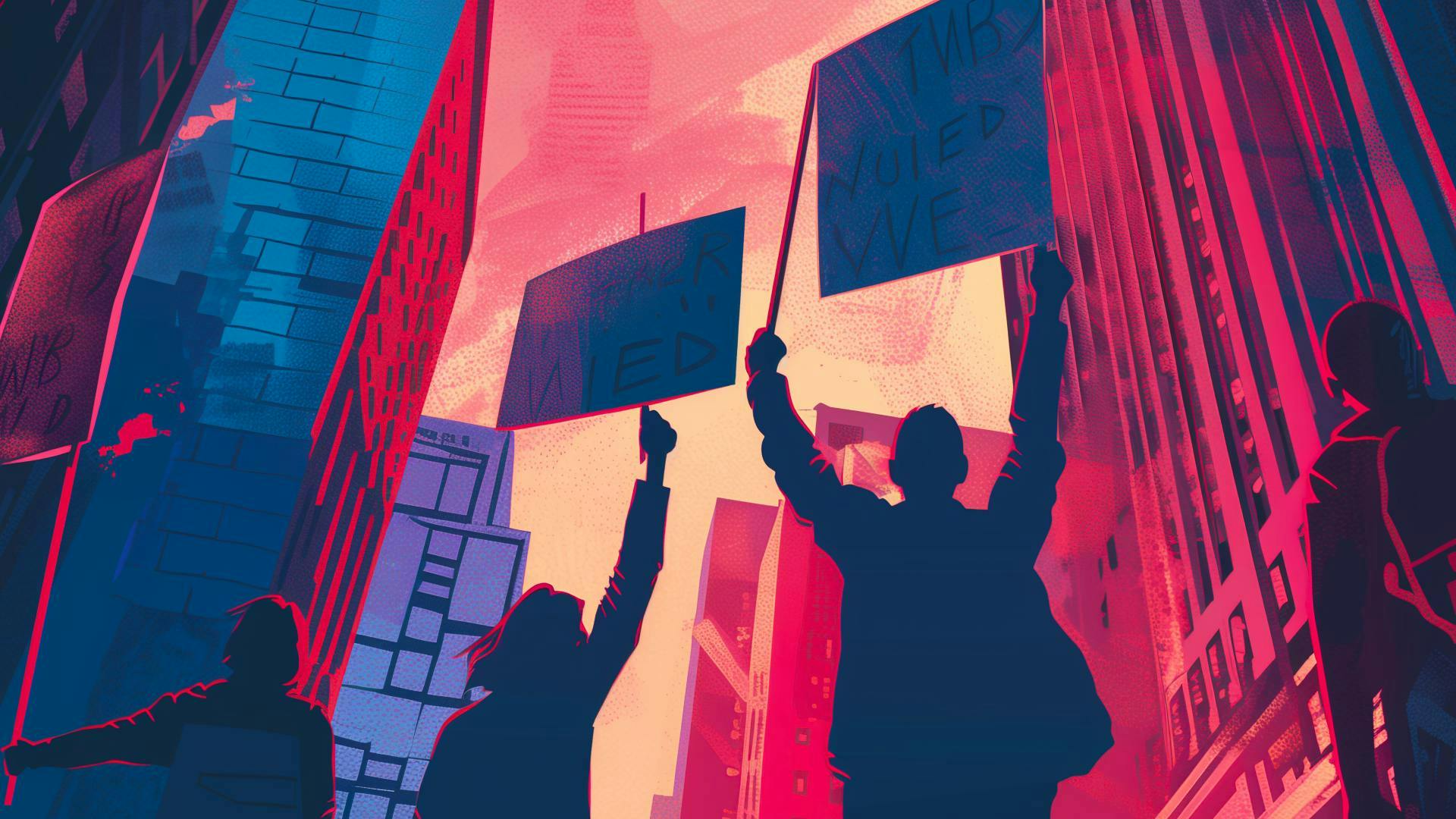In an effort to support workers during labor disputes, California legislators have reintroduced a bill proposing to extend unemployment benefits to workers on strike. This move comes months after Governor Gavin Newsom vetoed a similar proposal, citing financial concerns amid the state's ongoing budget challenges.
Legislative Push and Economic Tensions
The bill, Senate Bill 1116, spearheaded by State Senators Anthony Portantino and María Elena Durazo, aims to provide financial relief to striking workers after two weeks on the picket line. This legislative push reflects a broader intent to ease the economic hardship faced by workers during prolonged labor disputes, which not only affect their livelihoods but also the local economies around them.
"Nobody wants to strike; it's always a last resort," Portantino remarked during a news conference, highlighting the desperate circumstances that often lead workers to such measures. Durazo added that supporting striking workers could help sustain local economies during strikes, which otherwise risk entering a detrimental economic cycle.
Fiscal Scrutiny Amid Budget Deficits
However, the proposal arrives at a time when California is grappling with a historic budget deficit of at least $37.9 billion, making fiscal prudence a priority. Critics, including the California Chamber of Commerce, argue that extending unemployment benefits to strikers could further strain the state's unemployment insurance fund, risking its solvency.
The California Chamber of Commerce has expressed concerns that this move might unfairly insert the state into labor disputes, potentially exacerbating tensions between employers and workers. "This could transform the state from a neutral party to a participant in labor disputes, impacting the dynamics of negotiations," stated Robert Moutrie, a representative from the Chamber.
Historical Context and Precedents
The backdrop of this legislative effort includes significant strikes such as those by the Writers Guild of America, which underscore the potential benefits of the bill. These strikes have shown that without financial support, workers are often forced to endure economic hardships that can extend beyond the individuals to local businesses and communities.
Governor Newsom's previous veto was grounded in concerns over the unemployment fund's stability. "The risk of insolvency is too great," Newsom stated in his veto message last year, emphasizing the need to manage state finances cautiously, especially during periods of economic uncertainty.
Looking Ahead: Challenges and Implications
As the bill progresses through legislative hearings, it faces both support from labor unions and opposition from business groups. The ongoing debate will likely center on finding a balance between supporting workers' rights and maintaining fiscal responsibility.
Meanwhile, the broader implications for California's economy and its labor force will continue to unfold as stakeholders from various sectors weigh in on this critical issue.




